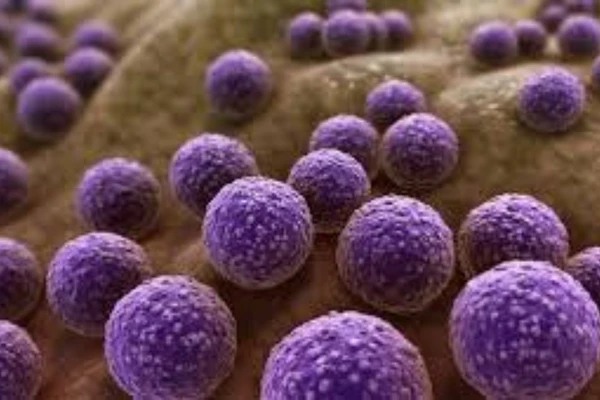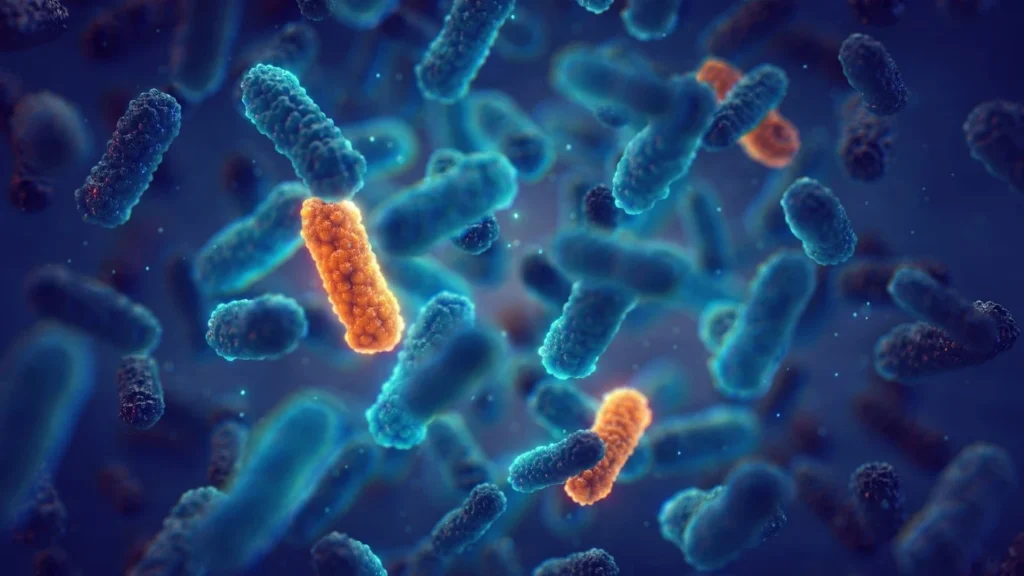Results from an economic study underscore the urgent need for decisive action against antimicrobial resistance (AMR) to prevent catastrophic impacts on global health and economy, as highlighted by the Global Leaders Group (GLG) on AMR.
Current Situation and Impact of AMR:
- AMR is a critical global health threat, responsible for 1.27 million deaths annually.
- One in five of these deaths occurs in children under five, predominantly in low- and middle-income countries.
- Unchecked AMR is anticipated to reduce global life expectancy by 1.8 years by 2035 and incur staggering economic costs, including US$ 412 billion annually in healthcare expenses and US$ 443 billion in lost productivity.
- AMR poses a threat to food security by impacting livestock production and the global food chain.
- It is closely linked to the triple planetary crisis of climate change, biodiversity loss, and pollution and waste.
Recommendations:
Urgent Need for Action:
- Implementation of comprehensive cross-sectoral interventions against AMR could cost around US$ 46 billion yearly but promises substantial returns, estimated up to US$ 13 for every US$ 1 spent by 2050.
- The GLG urges UN Member States to commit to specific actions at the upcoming high-level meeting on AMR, advocating for sustainable financing to address AMR and revitalize research and development for new antibiotics.
- Proposals include expanding financing instruments to cover AMR and strengthening National Action Plans, particularly in low- and middle-income countries.
Proposed Measures for Mitigation:
- Establishment of an independent panel for monitoring and reporting on AMR-related science and evidence by 2025.
- Formalization of the Quadripartite Joint Secretariat (QJS) to facilitate collaborative action against AMR.
- The QJS, hosted by WHO, includes liaison officers and responsible officers from FAO, UNEP, WHO, and WOAH.
- It preserves antimicrobial efficacy and ensures fair access for human, animal, and plant health.
- Strengthening global surveillance and monitoring systems for better data on AMR and its usage, along with enhancing human resources and infrastructure capacity.
- Adoption of infection prevention strategies across human and animal health, food, plant, and environmental ecosystems to reduce antimicrobial dependency.
Global Targets for Action:
- Reduction of global human deaths due to AMR by 10% by 2030.
- Ensuring at least 80% of overall human antibiotic consumption consists of ACCESS group antibiotics by 2030.
- The WHO categorizes antibiotics into three groups: Access, Watch, and Reserve (AWaRe).
- Access group antibiotics are usually the first or second choice for treating infections.
- Decreasing antimicrobial usage in agri-food systems by 30-50% by 2030.
- Eliminating the non-veterinary and non-phytosanitary use of medically important antimicrobials in animals and crop production by 2030.
About GLG on AMR:
- The GLG on AMR was established in 2020, as recommended by the Interagency Coordination Group on AMR (IACG).
- Its mission is to advise on and advocate for political action to mitigate drug-resistant infections through responsible and sustainable access to and use of antimicrobials.
- Secretariat support for the GLG is provided by the QJS on Antimicrobial Resistance.
- GLG members include government ministers, academics, and influential figures from the private sector and civil society, as well as the principals of the Quadripartite organizations.
- The GLG’s rolling action plan focuses on sustained political action, infection prevention, surveillance improvement, financial mobilization, innovation, and environmental aspects of AMR.
| UPSC IAS Preparation Resources | |
| Current Affairs Analysis | Topperspedia |
| GS Shots | Simply Explained |
| Daily Flash Cards | Daily Quiz |



